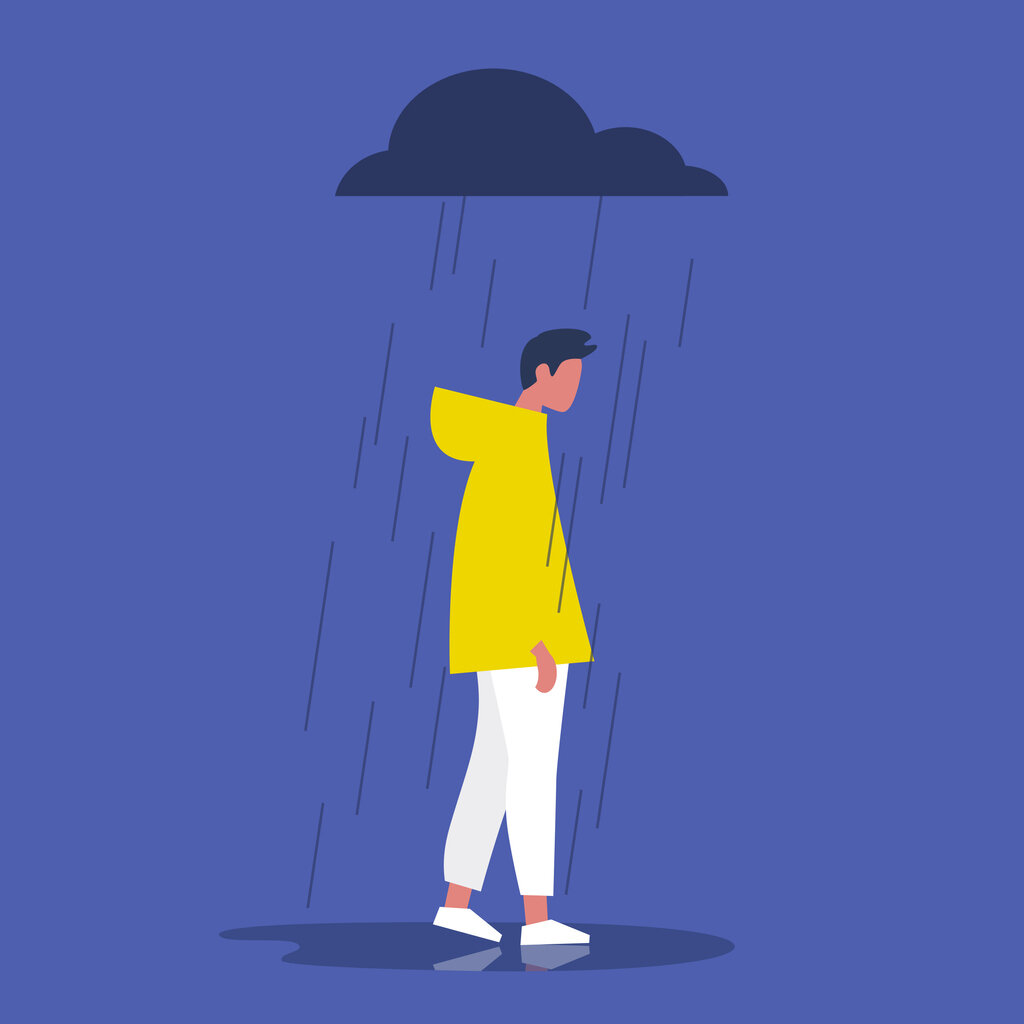The Face Of Depression
Recently, we published a blog post about Princeton professor and lauded Obama Administration economist Alan Krueger, who based his economic policy around the concept of happiness.
The paradox of that piece, however, is that Alan Krueger died by suicide in March.
Krueger’s death and its circumstances shocked the economic and political communities alike. About Kruger, President Obama writes, “He had a perpetual smile and a gentle spirit — even when he was correcting you. That’s what made him a fundamentally good and decent man.”
Unfortunately, this is not the only public suicide of recent news. The deaths of fashion icon Kate Spade and celebrity chef Anthony Bourdain further illustrate that personal success, wealth, and fame do not protect or preclude anyone from mental illness. Self-harm continues to be a public health crisis in our country with 38,000 Americans dying by suicide every year.
The most head-scratching facet of Krueger’s death was that he was intimately familiar with how to cultivate happiness through connections and experiences. His work astutely linked strong economic policy with ways to make people’s lives better, happier, and more meaningful in a world of scarce resources.
So, if this highly successful, compassionate, intelligent leader who worked to better the lives of the American people died by suicide, it begs the question: does working in a profession that supports others preclude a person from experiencing depression or even death by suicide?
Generally, suicide is more common in middle-aged white Americans (which Bourdain, Krueger and Spade all were). Research shows that depression that is undiagnosed, untreated or ineffectively treated is the number one cause of suicide, and about 2/3 of people who complete suicide are depressed at the time of their deaths.
In looking at psychologists in particular, in a study of 800 psychologists, nearly 1 in 3 (29%) disclosed that they had felt suicidal, and nearly 4% reported having made a suicide attempt. However, in professions that center around care and professional services (like teachers and childcare workers), suicide rates are the lowest in the country.
Deaths like Krueger’s open the conversation around mental illness and depression, and how it really does permeate all communities regardless of socioeconomic status, profession, or level of education. Ultimately, we are all human, and our humanity is what defines us rather than our status. As Ian MacLaren wrote, “Be kind, for everyone you meet is fighting a hard battle.”

